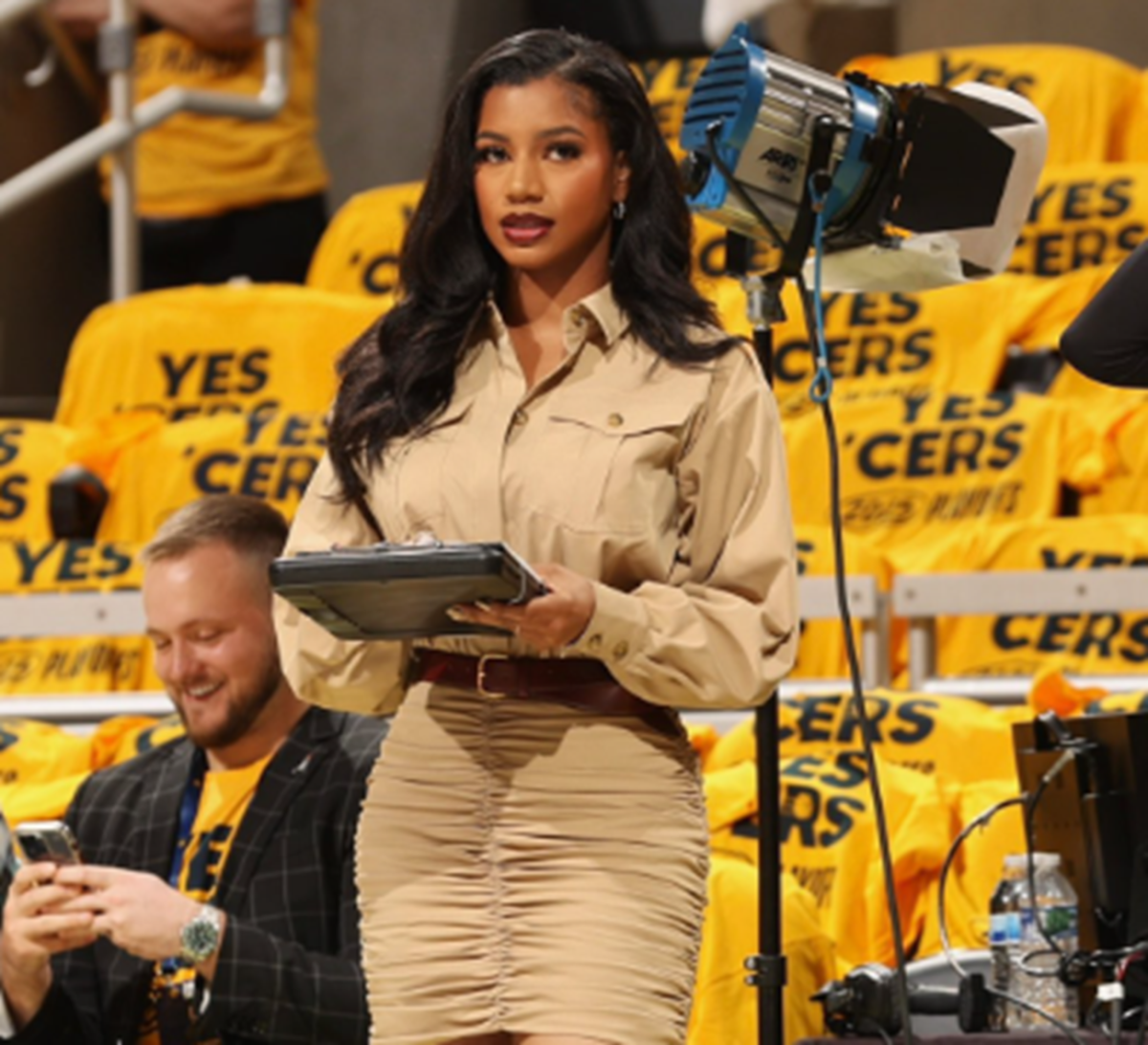Politics|Justice Amy Coney Barrett Recuses Herself in a Charter School Case
https://www.nytimes.com/2025/04/30/us/politics/amy-coney-barrett-recuse.html
The justice will not participate in oral argument, deliberations or vote. She gave no explanation.

April 30, 2025, 9:32 a.m. ET
When the justices take the bench for oral arguments on Wednesday, one seat will be empty: Justice Amy Coney Barrett, the junior member of the court’s conservative supermajority, has recused herself from the case, which means she will not take part in the oral arguments, deliberations or vote.
The justice did not provide an explanation for her recusal, but it may have to do with her close friendship with Nicole Stelle Garnett, a professor at Notre Dame Law School who was an early adviser for St. Isidore of Seville Catholic Virtual School, the school involved in the dispute.
The two clerked together on the Supreme Court in the late 1990s, and then became neighbors in South Bend, Ind., and colleagues for many years at Notre Dame. Their families are close, and Justice Barrett is the godmother to one of Ms. Garnett’s children.
Ms. Garnett has described the pair’s lives as “completely intertwined.”
“Amy Barrett and I have been close friends since the year we clerked together, but we don’t talk about the law,” Ms. Garnett said in an interview in 2023. “We talk about our kids.”
She declined to comment on Justice Barrett’s recusal, and the justice did not respond to a request to comment.
Ms. Garnett is not listed as a lawyer on the case, but she has been a leading voice arguing for religious charter schools and has provided advice to St. Isidore. She has also worked with Notre Dame Law School’s Religious Liberty Clinic, which is part of St. Isidore’s legal team.
Although justices sometimes provide reasons when they recuse themselves, they are not required to. That practice was codified in the fall of 2023, when the justices announced the court’s first ethics code.
The code followed months of revelations that some justices, most prominently Justice Clarence Thomas, had failed to disclose luxury travels and gifts from wealthy benefactors.
One major question during the debate over the ethics code was when justices must step away from a case because of an actual or perceived conflict of interest. The policy is far looser than that for lower court judges. The justices each decide for themselves, rarely recuse and never have to share their reasoning.
According to reporting by The New York Times, during internal conversations, several of the justices had focused on their “duty to sit,” or obligation to hear cases, pointing out that if a justice recuses, there is no one to take that justice’s place.
Abbie VanSickle covers the United States Supreme Court for The Times. She is a lawyer and has an extensive background in investigative reporting.
Sarah Mervosh covers education for The Times, focusing on K-12 schools.
.png)
 German (DE)
German (DE)  English (US)
English (US)  Spanish (ES)
Spanish (ES)  French (FR)
French (FR)  Hindi (IN)
Hindi (IN)  Italian (IT)
Italian (IT)  Russian (RU)
Russian (RU)  6 hours ago
1
6 hours ago
1







Comments